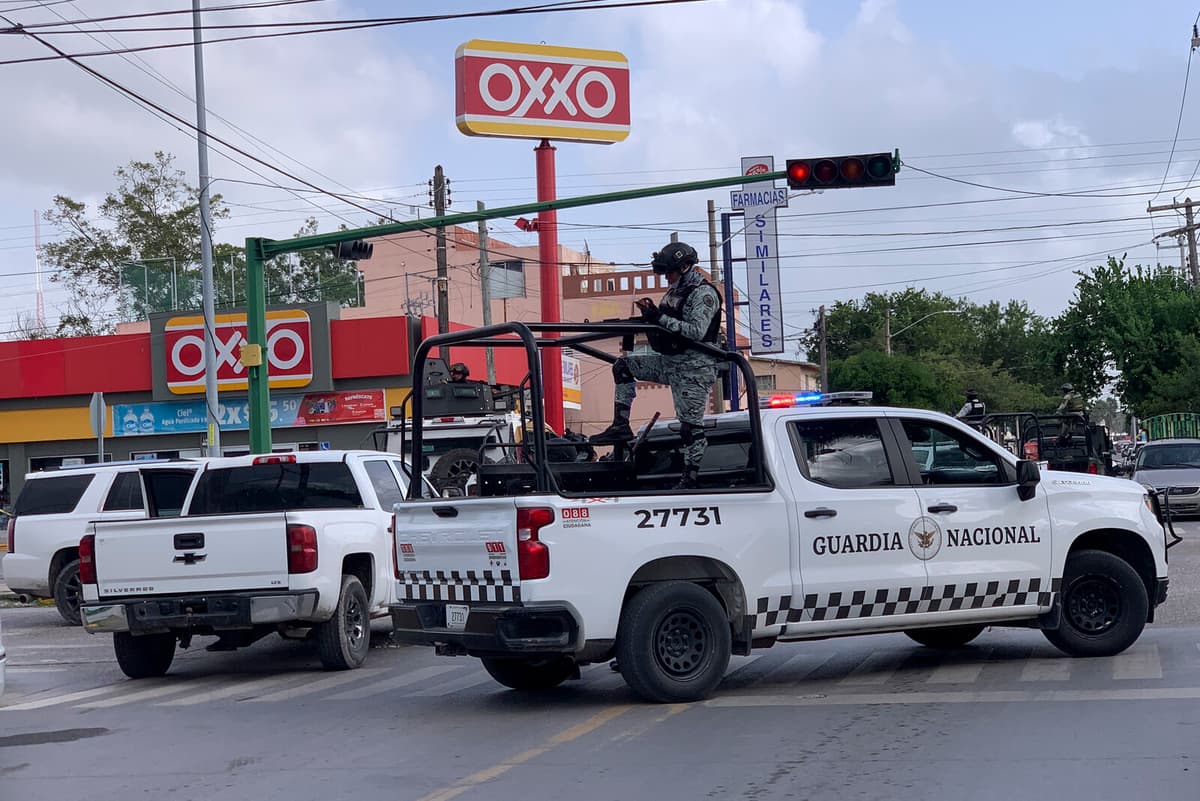As supreme commander, I have no greater responsibility than to defend our country against threats and invasions, and that is exactly what I will do, said the new-old President Trump in his inaugural speech, where he made it clear that foreign drug cartels will formally be stamped as terrorist organizations.
During the election campaign, Trump swore that the US under his leadership will use "all military capabilities required" in a war against the powerful foreign cartels that bring drugs into the country – as he frames it as they are waging war against the US.
When I am president, the US will work to defeat the cartels, just as we defeated IS and the IS caliphate.
How much invasion?
The designation (terrorist stamping) may not give the US many more tools, but it paves the way for military intervention, says Mónica Serrano, professor at El Colegio de México, to The Guardian.
If it happens, it will likely be in the form of targeted drone strikes rather than with soldiers, she estimates. Other researchers and media sources predict a "soft invasion" where the US intelligence services take the lead.
Trump has spoken openly about special forces, cyber warfare, and letting the navy set up a naval blockade. During his previous term, he repeatedly raised the possibility of bombing drug factories in Mexico, according to former employees.
Prior to the shift in power Rolling Stone spoke with an anonymous member of Trump's staff who said the question they ask themselves is "How much should we invade Mexico?"
Claiming self-defense
Under international law, it would need to be motivated as self-defense against a major threat to the US, write two prominent international law scholars on the Lawfare site. And if the threat is so great, the president can argue that he does not need congressional approval to act on his own. There are several vaguely formulated laws that provide that opportunity, but it is a large interpretative scope.
Trump's former Attorney General Bill Barr pleaded last year for the US's right to militarily intervene in Mexico, in a debate article where he wrote that Mexico cannot do it and needs the US to "break free" from the cartels' grip.
When Donald Trump signed his decree at the White House on Monday, he made it clear: Mexico will not like this. He got a direct question about whether he can deploy special forces against cartels in Mexico.
Maybe. Stranger things have happened, was the response.
The US government will label major drug cartels as either Foreign Terrorist Organizations (FTO) or Specially Designated Global Terrorists (SDGT). It is still unclear which ones, but the largest cartels in Mexico, as well as MS-13 from El Salvador and Tren de Aragua from Venezuela, are mentioned.
The cartels pose a threat to the US's inhabitants, interests, and the entire international order in the Western Hemisphere, it is said. As an example, it is stated that the cartels can coordinate globally – even with "antagonistic foreign governments" – and engage in society-subverting activities and hybrid warfare.
Supporting or having ties to terrorist-stamped groups is illegal in the US. Members of such groups can be more easily deported from the country, and their assets can be frozen. Even people who have ties to the influential groups against their will can be punished – which is believed to have consequences for civilians or vulnerable migrants in Mexico.
Donald Trump also claims to invoke the Alien Enemies Act from 1798, which makes it possible to detain individuals from countries at war with or attempting to invade the US.






